Keeping health and safety top of mind for farm and vessel staff at NZ King Salmon is essential. Workers on our sea farms and vessels are faced with multiple hazards daily – high winds and swells, working at heights, slip and trip hazards and of course there is always the risk of a natural occurrence such as a heart attack or stroke. It is imperative that staff are prepared and confident in dealing with these hazards. Hence, in January two fundamental training sessions were carried out on our sea farms.
Man Overboard Training
The NZ King Salmon harvest team conducted the man overboard training in conjunction with the Search and Rescue Institute of New Zealand (SARINZ), Johnsons Barging, NZKS dive team members and NZKS Health and Safety Advisors.
The aim of this training was to provide staff with the tools and confidence to deal with any overboard situation and to ensure a quick and safe recovery. It has been over 20 years since the last man overboard incident in the NZ King Salmon harvest team, however, due to the nature of the work carried out, an accident could happen at any time.
Cameron Johnston (NZKS Senior Advisor of Health, Safety & Wellness) says “This was an excellent opportunity to work with local rescue services in a “real life” situation to learn from each other and improve our systems. This will ultimately lead to better outcomes for our team members and the wider community.”
 Aaron Burtenshaw (NZKS harvest team) is the rescue swimmer here manoeuvring Tony Wells (GM SARINZ) into the recovery position.
Aaron Burtenshaw (NZKS harvest team) is the rescue swimmer here manoeuvring Tony Wells (GM SARINZ) into the recovery position. The rescue stretcher is being craned into the water that Tony will be loaded into and strapped in before being craned onto the deck of the NZKS harvest boat.
The rescue stretcher is being craned into the water that Tony will be loaded into and strapped in before being craned onto the deck of the NZKS harvest boat.Diver Evacuation Drill
A full diver evacuation drill took place at our Te Pangu sea farm in the Tory Channel. The aim of a drill such as this, is to assess and potentially improve the current diver evacuation procedures, in addition to ensuring staff are prepared for potential emergencies.
The drill involved members from the NZKS Te Pangu sea farm and the Sub-Sea (dive) team, in addition to external agencies – Tripleone Care, the Coast Guard, St John Ambulance and Nelson Marlborough Rescue Helicopter.
The primary function for site and the ADAS (Australian Diver Accreditation Scheme) construction divers at King Salmon is to repair grow nets and carry out predator net inspections along with routine sub-sea maintenance. There are multiple natural risks involved with this sub-sea work, therefore, maintaining up to date risk assessments and staff training is critical.
Ryan Steer and Jake Poole from NZKS suited up into their dive gear and in typical ‘Shortland St’ fashion, simulated an underwater incident which resulted in a diver arriving unconscious at the sea surface.
The teams executed the emergency procedure as though it were a real-life incident; they acted quickly and professionally – alerting others, removing the diver from the water, calling the emergency services, and treating the patient until the coast guard arrived on site.
Jason Watene (NZKS Sub-Sea Manager) comments “…..the evacuation exercise is critical because it tests our procedures, ensures we remain current and enables us to practice with external agencies; all of which improves overall efficiency and the health and wellbeing of our staff.”
The live practice of this evacuation in addition to the ‘man overboard’ is an essential part of the ongoing NZKS sea farm training. There are many intricacies in these situations that could easily be missed if the training involved simply discussing the theory without physically doing the exercise.
 A pulley system is used to roll the diver out of the water and onto the platform where staff can then check their vitals and transport them into shelter of the barge.
A pulley system is used to roll the diver out of the water and onto the platform where staff can then check their vitals and transport them into shelter of the barge.